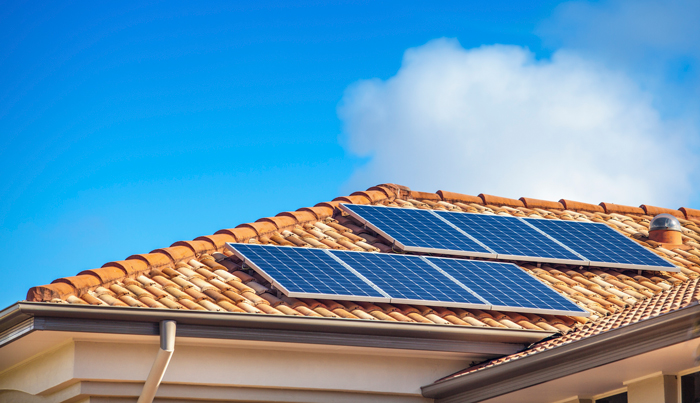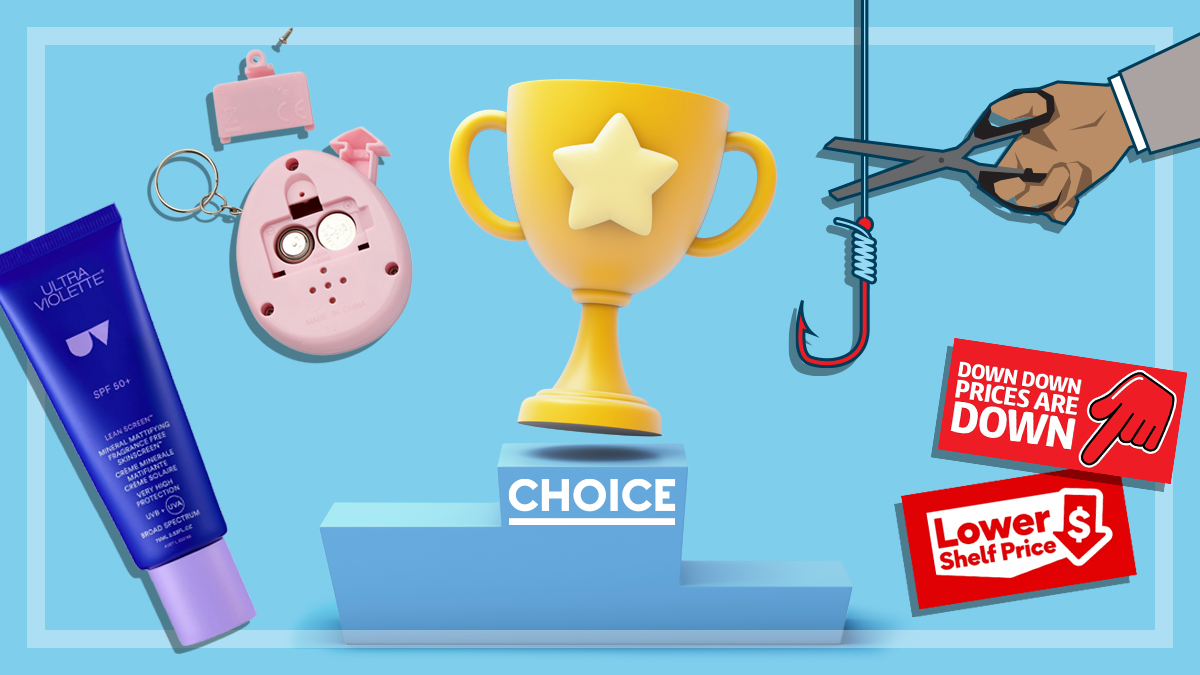Get our independent lab tests, expert reviews and honest advice.
Why non-disclosure agreements fly in the face of consumer law

Need to know
- Non-disclosure agreements effectively keep problems with a product or service a secret
- We recently heard from 41 Australian consumers through a CHOICE national survey who'd been asked to sign an NDA
- You don't have to sign an NDA as a condition for exercising your consumer right to a refund, repair or replacement
What exactly is the deal with non-disclosure agreements – those quasi-legal documents some businesses make you sign as a condition for getting a refund, repair or replacement?
Businesses are trotting them out left and right these days, but it’s not clear who gives them the authority to do that, since you already have a right to the three Rs without promising to keep matters confidential.
Non-disclosure agreements (NDAs) effectively keep problems with a product or service a secret so other customers can’t know that it has a history of problems.
CHOICE surveys consumers about the use of NDAs
We recently heard from 41 Australian consumers through a CHOICE national survey who’d been asked to sign an NDA in the last five years, adding to a number of cases brought to our attention previously.
Fifteen of the 41 survey takers had been asked to sign a gag order more than once.
We recently heard from 41 Australian consumers through a CHOICE national survey who’d been asked to sign an NDA
We’ve seen NDAs issued by removalists, car dealerships, the all-in-one kitchen unit brand Thermomix, travel agencies, solar panel installers, pet sitting services and the list goes on.
The documents generally make you promise not to tell anyone about the problem you had and what the business did to fix it, and not to disparage the business online or anywhere else. There’s a threat of legal action if you do either of those things.
After the business does what it’s legally required to do, it’s all hush-hush.
In a 2016 submission to a review of the Australian Consumer Law, CHOICE called for a ban on these kinds of NDAs, but that didn’t happen.
Case studies: How businesses use NDAs to keep consumers quiet
Here’s a glimpse of how they work.
A woman we’ll call Gail recently got in touch to report an unfortunate experience with a tradesperson. She sent photos of the botched project to the company, and they agreed the workmanship was poor. They said they’d fix it, but first she had to agree in writing not to post the photos online.
“They were worried because I’d taken photos and I could have easily damaged their reputation. I just wanted it fixed and didn’t want to have to pay someone else to do it or argue with them to get a refund, so I took the easy way out. Still annoys me though. It was so rubbish.”
I just wanted it fixed and didn’t want to have to pay someone else to do it or argue with them to get a refund, so I took the easy way out. It was so rubbish
A consumer who was asked to sign an NDA
Melinda (also not her real name) had some removalists show up at her home who were sorely lacking in people skills.
“On the day of the move, I called the office three times to say, ‘why are these guys so angry? This is awful, why are they bullying me into paying extra for plastic wrapping and other stuff?'”
The company didn’t respond – until after she expressed her displeasure through a Google review. Then they offered Melinda $500 to take it down, with the proviso that she didn’t tell anyone about the experience – an offer she didn’t accept.
“I feel like Google reviews are what keeps these companies honest and by buying people off they are cheating the system,” Melinda says. “The whole reason I had such a bad experience is because I checked the reviews and they were all positive. Now I realise they just buy off the bad ones.”
Another woman who contacted us was issued an NDA that said “you must keep this offer and all correspondence relating to the offer (including emails and faxes) confidential and you agree not to disclose, either directly or indirectly, any part of this offer or the terms we have agreed on”.
She had to sign it as a condition for having her prematurely peeling steel fascias repainted.

No conditions on consumer guarantees
A spokesperson for the Australian Competition and Consumer Commission (ACCC) tells CHOICE that “the widespread and systemic use of non-disclosure agreements” is concerning.
“Consumer guarantees cannot be displaced or made subject to conditions, and they are not conditional on the consumer signing a non-disclosure agreement,” the spokesperson says. “Businesses should not mislead consumers about using a non-disclosure agreement to access their statutory rights, including consumer guarantees.”
Consumer guarantees cannot be displaced or made subject to conditions, and they are not conditional on the consumer signing a non-disclosure agreement
ACCC spokesperson
One reason they continue to do so is that businesses aren’t held accountable if they fail to honour consumer guarantees, “which significantly undermines the effectiveness of the regime”, the spokesperson says.
In other words, the ACL may be sacrosanct in principle, but in practice businesses can get away with ignoring it.
The ACCC spokesperson says the agency “strongly supports” the introduction of a law that says businesses actually have to follow their consumer guarantees obligations under the ACL.
Businesses issuing unfair contracts could attract significant penalties
Consumer Action Law Centre CEO Stephanie Tonkin tells CHOICE NDAs are designed to keep consumers in the dark.
“They can create an information asymmetry between the business imposing an NDA or non-disparagement clause and consumers.” “Without this information, consumers may be prevented from making informed choices about the product or service they are considering purchasing, or the business they might deal with.”
In a 2017 national CHOICE survey of new car owners, 16% said they were made to sign an NDA to have a problem with the new vehicle fixed.
While these agreements may contain clauses that are unfair, unlawful and could now attract significant penalties
Consumer Action CEO Stephanie Tonkin
Tonkin says this continues to happen in the industry and that car dealers are clearly running roughshod over ACL, but customers mistakenly believe dealers hold all the cards.
“While these agreements may contain clauses that are unfair, unlawful and could now attract significant penalties, many consumers don’t know their rights and don’t challenge the agreements.”
“The ACCC has made clear that non-disparagement clauses can breach unfair contract terms provisions.
“Again this comes back to the imbalance of power and information between consumer and business, and why we need strong, enforceable consumer protections.”
The maximum penalty for unfair contract terms was recently raised to $50 million, a move Tonkin hopes “will deter this unfair conduct”.
What should I do if I’m asked to sign an NDA?
While NDAs in contexts outside the ACL are generally legally enforceable, you don’t have to sign one as a condition for exercising your consumer right to a refund, repair or replacement in the case of a major fault.
If the business then refuses to fix the problem, remind them of your consumer rights under law and say you’re willing to bring the matter to the attention of your state or territory’s fair trading agency as well as the ACCC.





